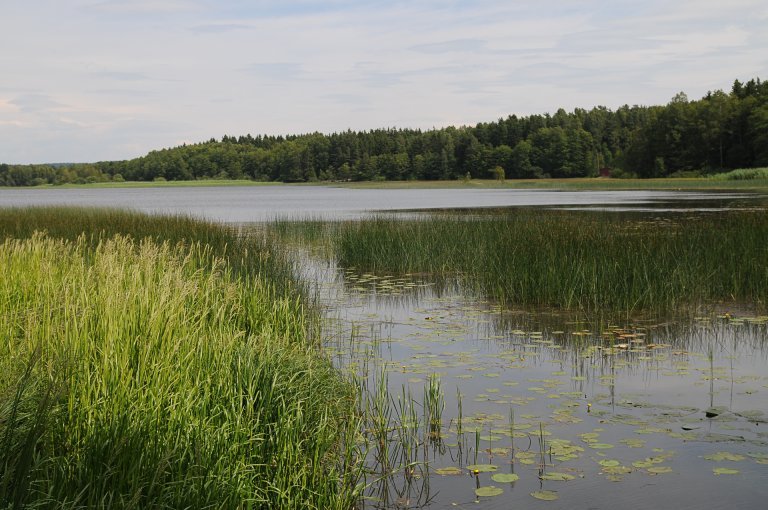
Hydrology and Water Environment
We cover a broad range of areas, including water quality, hydrology, ground water, hydrogeology, water quality monitoring, statistical analysis, integrated water resources management, policy analysis, and stakeholder involvement. A cross cutting theme of high focus is climate change impacts on water resources.
Integrated Water Resources Management (IWRM)
There is a growing need, both nationally and internationally, for advice on practical and operative tools for IWRM. The research is based on an integrated understanding of the natural environment, socioeconomic conditions, management systems and user needs.
Our strength lies in the possibility of combining interdisciplinary projects where research on water resources management is linked to issues concerning the environment, agriculture, food security and climate change.
Monitoring of runoff and water quality
We have extensive expertise in monitoring rivers, streams and groundwater, and carry out water quality monitoring in connection with the implementation of the EU Water Framework Directive. We take part in several national and regional monitoring schemes, e.g. the RID Programme, the JOVA Programme and the Morsa (Vansjø-Hobøl catchment). Developing methods for more cost-effective monitoring is a central part of our work and we examine, amongst others, the usefulness and applicability of sensors and automatic samplers.
Water and climate change
Within catchment hydrology we have a particular focus on understanding hydrological processes in agriculture-dominated catchments (agrohydrology) and their importance for the transport of nutrient and soil particles.
Of special interest is climate change and weather extremes such as (i) extreme precipitation events and its effects on runoff, nutrient and soil loss, (ii) the effects of prolonged drought on water availability/-quality and food production and (iii) the effects of changing winter conditions with an increase in freeze/soil cycles, in combination with snowmelt/precipitation.
Environmental data analysis and models
Our expertise lies in interpreting trends in the water quality of streams and rivers, distinguishing between natural variations and human impacts. Catchment-based models are increasingly used to explain processes in the catchments, to provide advice regarding suitable mitigation measures and to assess the potential effects of climate change on hydrology and water quality. We use state-of-art hydrological and nutrient loss models such as SWAT, INCA and DRAINMOD in addition to groundwater models to predict groundwater flow.
Groundwater and hydrogeology
Hydrogeology covers the water cycle and flow pathways in soil and groundwater. We focus particularly on developing our knowledge of how water quality is affected by different sources of pollution. Groundwater in hard rock regions has also been an important scientific focus area, e.g. in relation to tunneling.
Effects of hydropower development
NIBIO have participated in projects where environmental impacts of hydropower development are assessed. Our expertise covers sediment transport, siltation of reservoirs, potential impacts on fish and benthic organisms, as well as water quality and quantity analyses.

